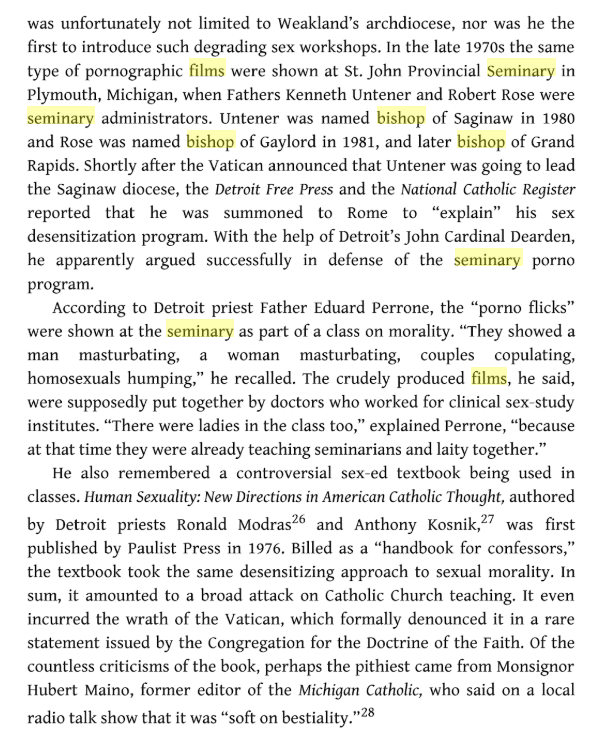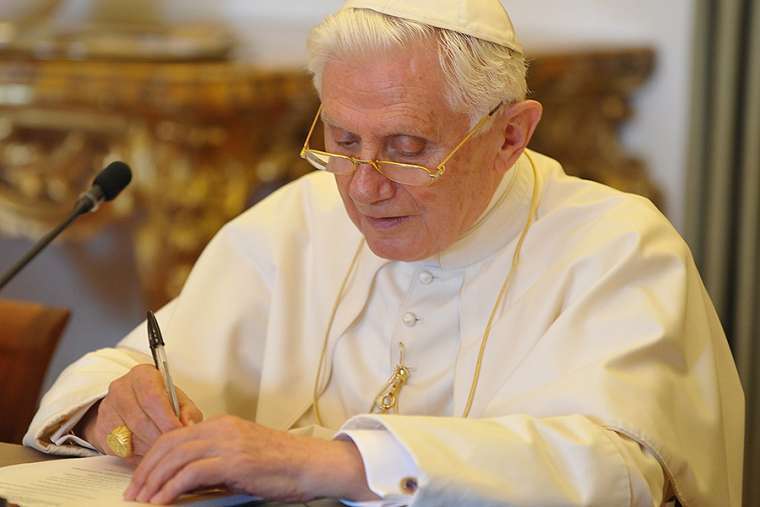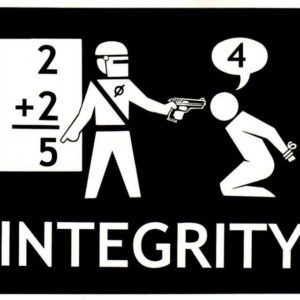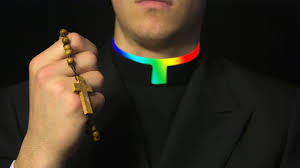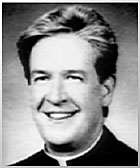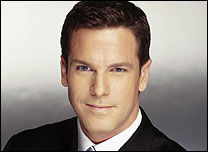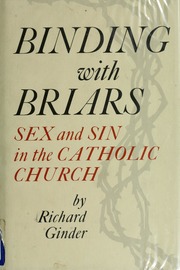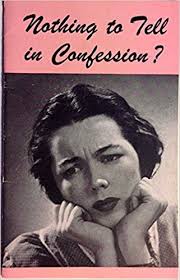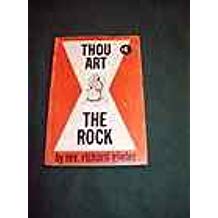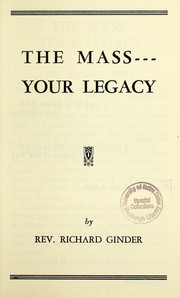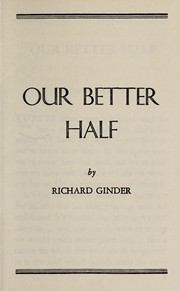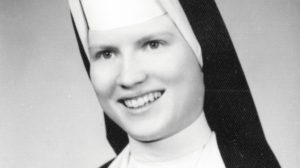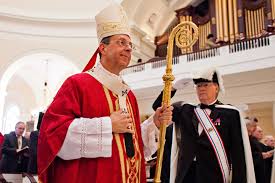Mgr. Jeffrey Burrill, the General Secretary (roughly, CEO or COO) of the United States Conference of Catholic Bishops (USCCB), had to resign suddenly. The Pillar, a Catholic journalism site, had been given some interesting data sets. The two journalists at The Pillar, JD Flynn and Ed Condon were a little vague about the nature of the sets but insisted that the sets had been obtained legally and had been validated. What people forget is that their movements can be tracked by their smartphone, and that they have agreed to let apps trace their movements and sell the data obtained to third parties. I gather than the data Pillar received concerned sexual hook-up apps, possibly ones associated with clerics.
Condon and Flynn said they had no reason to suspect Burrill at first, but one set of data obtained from Grindr, the gay hook-up app, showed a user who stood out above the rest. The user was also in places one would not expect, such as the offices of the USCCB. They looked at the locations at which this cell phone appeared and narrowed it down to a cell phone associated with Burrill. They contacted him and asked for a meeting to explain what they had found. No response. They contacted the USCCB and asked for an off-the-record meeting to show what they had found. The meeting was first scheduled and then cancelled by the USCCB. It was rescheduled, but when they were on the way to the second meeting, they learned that Burrill had resigned.
The New York Times had pioneered the investigative use of location data obtained from apps to identify participants in the January 6 riot at the Capitol. The data from apps is for sale to anyone who wishes to pay. So the data was obtained by The Pillar legally, and there was a precedent for using it journalistically.
Flynn and Condon said that they had thought long about using the data they had obtained from Burrill’s phone in a story about him. They decided that Burrill was a public figure in a sensitive position in an organization that was developing protocols about how to deal with sexual abuse and manipulation by clerics. The data seemed to show that Burrill was a sex addict and was leading a double life which opened him to blackmail, extortion, and pressure. It also demonstrated extremely bad judgment. Therefore, his use of Grindr was relevant to the public good.
When I was a federal investigator, I did background investigations for security clearances. We were looking for behavior that would indicate bad judgment or susceptibility to blackmail or extortion. It might be financial problems, psychiatric problems, or sexual behavior that they wanted to keep hidden. Burrill’s behavior would have disqualified him for a security clearance as a janitor in a sensitive facility.
All priests through confession and counselling have access to sensitive personal secrets and must demonstrate that they have the highest degree of integrity so they can be trusted with these secrets. Men, because of their tendency to put parts of their lives, usually money or sex, into boxes isolated from the rest of their lives, have a problem with integrity, the integration of personality. Priests must demonstrate that they have integrity; this does not mean that they must be sinless, but that that there are not large areas of their lives that are inconsistent with their profession. It would be the same situation if Burrill were a KKK member in his spare time.
Burrill was leading a double life, and whatever vetting process the USCCB used did not detect it. When I was at an investigators’ conference several decades ago, investigators from the Northwest talked about cases they had encountered in which priests had, not simply double lives, but double identities. That is, they were Father so-and-so in one city but led a very active gay life under a totally different name in another city. The investigators wondered whether the bishops had any inkling about what was going on.
If the Pillar’s article has put other clerics on notice that their double lives can be exposed, all the better. If fear of God doesn’t cause priests to behave, perhaps fear of bad press will.




